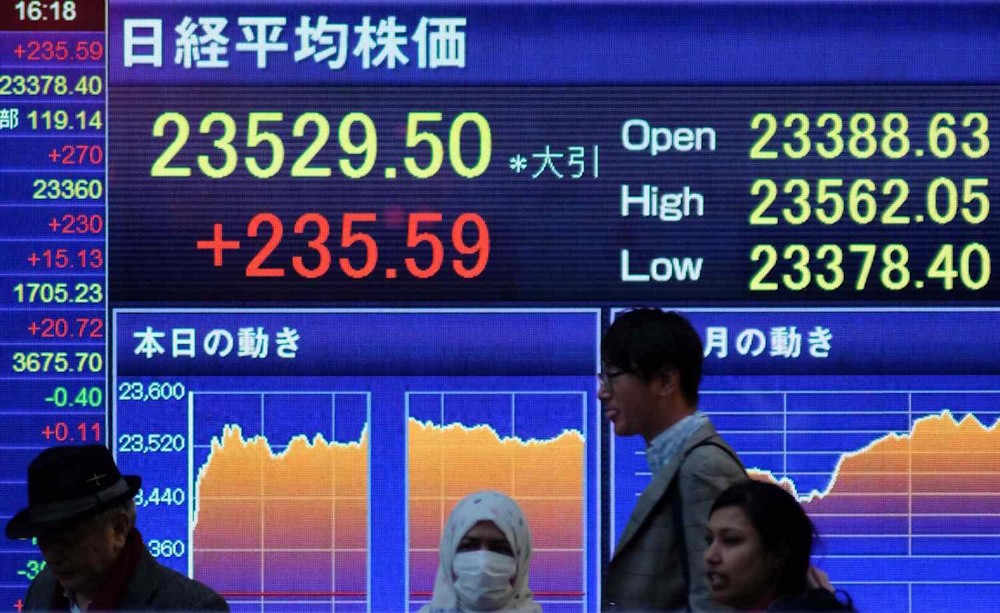
Japan’s Nikkei 225 on Wednesday fell below the 50,000 threshold before recovering some losses, reflecting a broader downturn in Asian markets as investors moved away from AI-related equities. The Nikkei experienced a decline of 2.5%, closing at 50,212.27 after a drop exceeding 4%, while the Topix fell by 1.26%, finishing at 3,268.29. Shares in Japan’s SoftBank Group experienced a decline exceeding 10% on Wednesday, reflecting a wider downturn among Asian AI-related firms, in line with the decreases observed in U.S. counterparts. South Korea’s Kospi index declined by more than 2% to conclude the trading session at 4,004.42, as major semiconductor players Samsung Electronics and SK Hynix recorded losses exceeding 4% and 1% respectively. The small-cap Kosdaq declined by 2.66%, concluding the trading session at 901.89.
The South Korean won depreciated by as much as 0.6%, reaching 1,449.50 against the US dollar, marking its lowest point since April, according to data. Hong Kong’s Hang Seng index remained unchanged at 25,935.41, whereas mainland China’s CSI 300 increased by 0.19% to 4,627.26. Australia’s S&P/ASX 200 declined by 0.13% to 8,802, reflecting a relatively minor decrease. On Tuesday, the chief executives of Goldman Sachs and Morgan Stanley advised investors to prepare for a potential market drawdown in the forthcoming two years. “Finally, a sell-off hits the tape as the ‘everything rally’ takes a breather after comments from the CEOs and Capital Group that markets were due for a correction,” stated Andrew Jackson.
Overnight in the U.S., the S&P 500 declined 1.17% to close at 6,771.55, while the Nasdaq Composite traded down 2.04% to finish at 23,348.64. The Dow Jones Industrial Average experienced a decline of 251.44 points, representing a decrease of 0.53%, closing at 47,085.24. Palantir shares declined approximately 8%, despite the software company surpassing market’s expectations for the third quarter and providing robust guidance, driven by expansion in its AI sector.
The forward price-earnings ratio of the S&P 500 has risen above 23, approaching its peak level since 2000, driven by gains in AI stocks, according to the sources. As those stocks have propelled the broader market to new highs in recent months, Anthony Saglimbene of Ameriprise remarked in an interview without a pullback, valuations were starting to appear “really stretched.”
